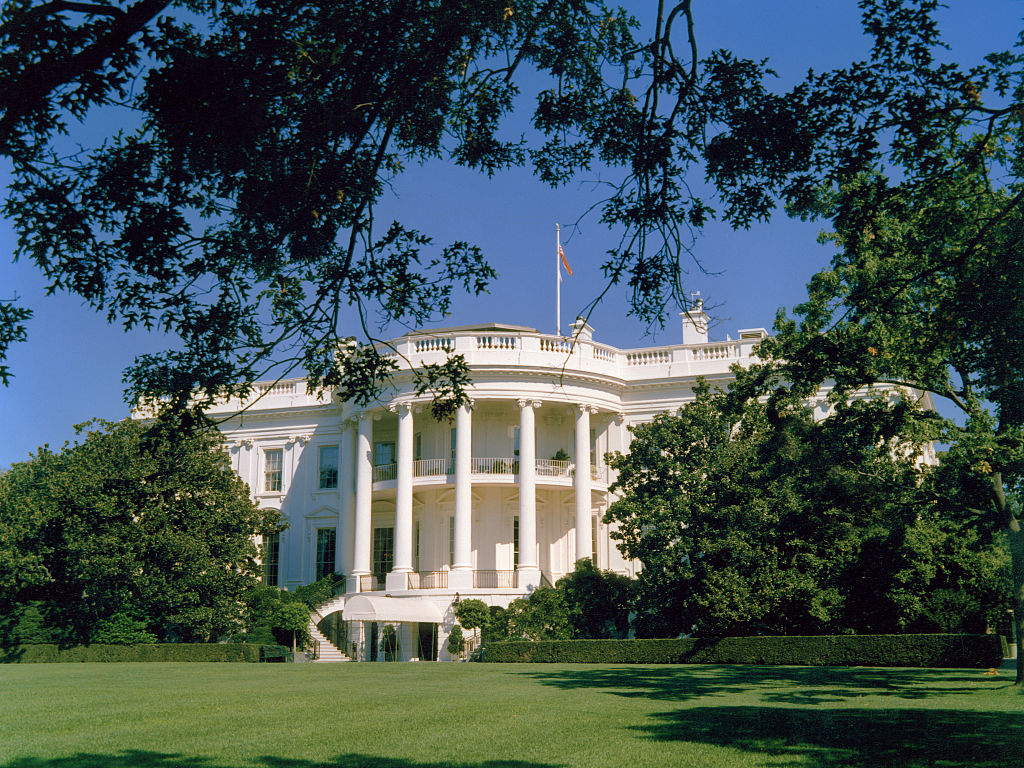Trump Signs Government Funding Bill To End Longest Shutdown

President Donald Trump on Friday signed a bipartisan government funding bill, officially ending the longest shutdown in U.S. history after 35 days of partial federal closure. The move brought relief to hundreds of thousands of federal workers who had gone without pay and to millions of Americans affected by shuttered agencies and delayed services.
The legislation, passed swiftly by both the House and Senate, funds the government temporarily while negotiations continue over border security — the central issue that triggered the impasse. Speaking from the White House Rose Garden, President Trump announced the agreement, emphasizing his commitment to securing the southern border but acknowledging the need to reopen the government.
“I am very proud to announce that we have reached a deal to end the shutdown and reopen the government,” Trump said. “This is an opportunity for both parties to work together to protect our borders and serve the American people.”
Under the bill, federal agencies will remain open for three weeks, giving lawmakers time to craft a broader agreement on immigration and border funding. The deal does not include money for the president’s proposed border wall, a key sticking point that led to the stalemate beginning on December 22.
The shutdown left roughly 800,000 federal employees either furloughed or working without pay. Many missed two paychecks and faced mounting financial hardship. Airports experienced delays as security staff shortages grew, and national parks struggled with maintenance and safety issues.
Democratic leaders Nancy Pelosi and Chuck Schumer called the reopening a victory for the American people. “We are glad the president finally agreed to end the shutdown,” Pelosi said. “Now we must negotiate in good faith to keep our government open permanently.”
Trump maintained that if a border security deal is not reached by the next deadline, he may declare a national emergency to fund wall construction. For now, the focus in Washington turns to recovery — restoring normal operations, paying federal workers, and rebuilding public trust after more than a month of political stalemate.
The bill’s signing marked a significant, if temporary, truce in one of the most bitter budget battles in recent memory.




